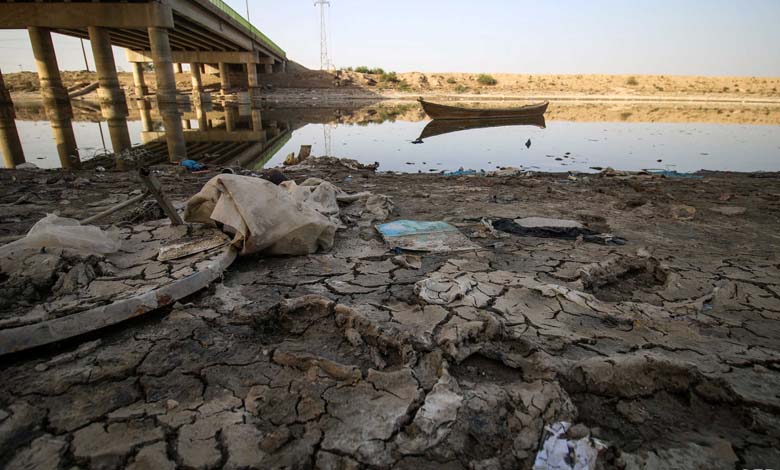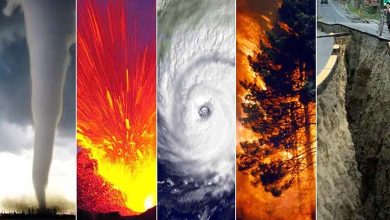Human Activities Warn of a Global Water Crisis

A recent report from the “Global Commission on the Economics of Water” has revealed that human activities have disrupted the global water cycle, signaling an escalating water crisis that threatens economies, food production, and human life.
-
Warning of food shortages: Committee calls for a global agreement to resolve the water crisis
-
France: Water Scandal Escalates, Nestlé and Alma Face Accusations
The report highlights that decades of destructive land use and poor water management, alongside the human-induced climate crisis, have placed “unprecedented pressure” on the global water cycle.
This cycle includes the evaporation of water from the Earth’s surface – including lakes, rivers, and plants – into the atmosphere, where it condenses and returns as rain or snow.
Currently, around 3 billion people suffer from water scarcity, with declining crop yields and cities sinking due to depleting groundwater levels.
-
Climate Change Threatens Planet’s Largest Freshwater Reserves
-
Climate change endangers earth’s largest freshwater reserves
Without urgent action, the crisis threatens more than 50% of global food production and could reduce GDP in some countries by 8% by 2050, with losses of up to 15% in low-income nations.
Johan Rockström, co-author of the report, stated: “For the first time in human history, we are pushing the global water cycle out of balance. Rainfall can no longer be relied upon as a source of fresh water.”
The report distinguishes between “blue water,” the liquid water in lakes and rivers, and “green water,” the moisture stored in soil and plants.
-
Is water the “sole elixir of life”? Study explores other elements
-
A rare fish in the waters of Egypt… gives birth, nurses, and lives for 100 years
Data indicate that the stability of “green water” supplies is crucial to supporting vegetation that can store carbon.
The report also emphasizes the growing urgency for water, as individuals need around 4000 liters per day to live with dignity, far exceeding their basic needs.
Addressing this crisis requires better management of natural resources and reducing emissions that cause global warming.
-
Images reveal important underwater archaeological discovery in Alexandria
-
After the discoloration of the waters in Venice… What are the “guidelines” for environmental protest?
The report also calls on world governments to recognize the water cycle as a “common good” and manage it collectively.
According to Ngozi Okonjo-Iweala, Director-General of the World Trade Organization, the global water crisis represents an opportunity to transform the water economy and achieve a better balance in its value.












